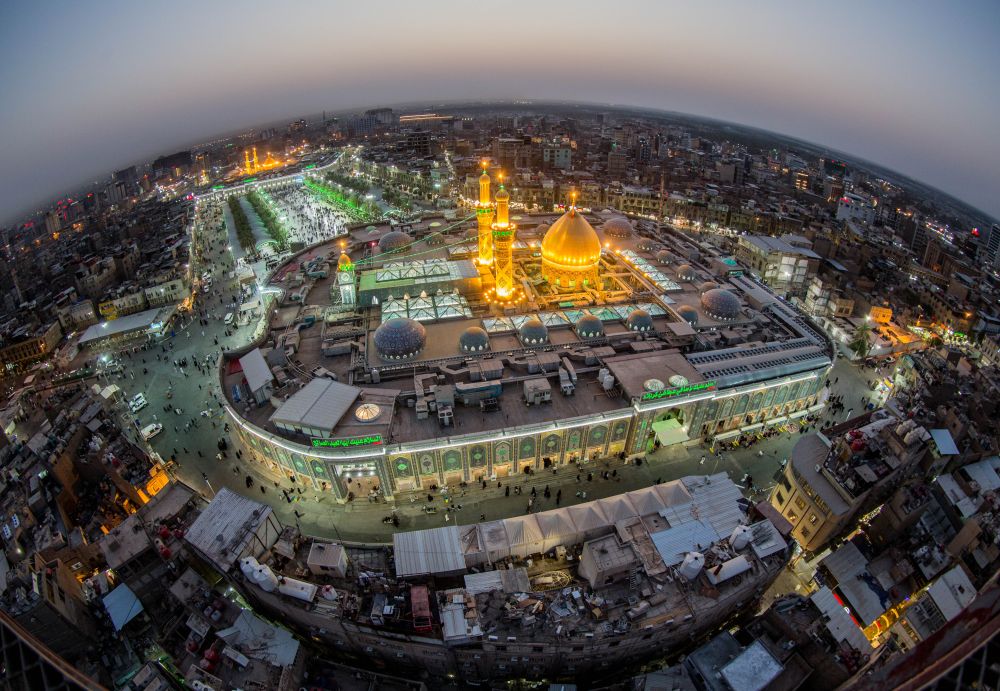

Karbala has a rich and varied food history that is deeply intertwined with the cultural and religious tapestry of the region. As an important city for Shia Muslims, Karbala has been a center of pilgrimage for centuries, and this has influenced its culinary traditions significantly. The city's cuisine has been shaped by the offerings made during religious commemorations, particularly during the month of Muharram and the pilgrimage of Arba'een. Traditional food is often shared communally as part of the religious observance, reflecting the principles of charity and community. Furthermore, Karbala's cuisine includes influences from broader Iraqi gastronomy, which has elements of ancient Mesopotamian, Persian, and Ottoman culinary traditions. A significant emphasis is placed on grains, legumes, and fresh vegetables, owing to the agrarian nature of the surrounding region. With the rivers Euphrates and Tigris nearby, freshwater fish also makes a frequent appearance in the local diet. Spices and herbs play an integral role in flavoring dishes, with a balance between savory and sweet, often enhanced with dried fruits, nuts, and aromatic spices.